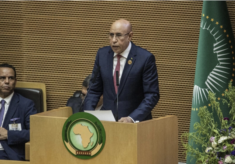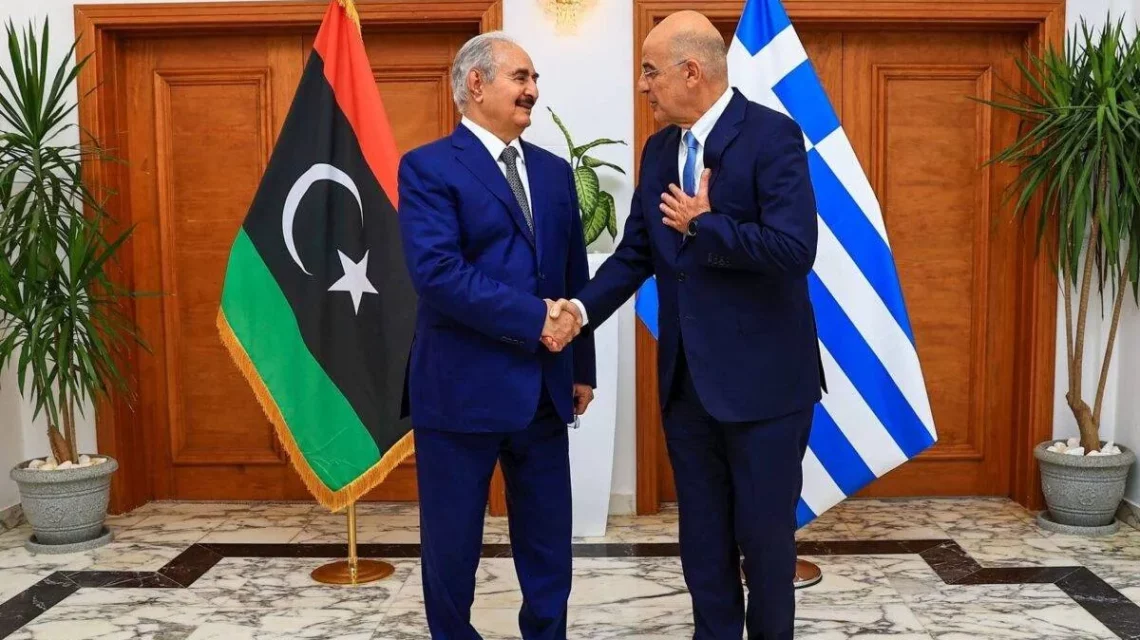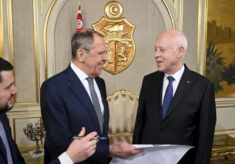As 2022 comes to a close without any progress on the electoral track and increasing scepticism about the viability of the UN-sponsored roadmap, Libya seems heading towards a new period of turmoil. Recent initiatives to resume the peace process seem only intended to preserve a stagnant status quo and throw a lifeline to discredited institutions visibly affected by a crisis of legitimacy, more than eight years after the last elections.
After taking office and meeting relevant stakeholders for the first time, the same UN Special Representative of the Secretary General Abdoulaye Bathily issued a stark warning to the UN Security Council, saying that the country is a risk of partition if the current political deadlock persists.
The resuming political polarisation has now produced two rival governments vying for power, further prolonging the interim period and deeply undermining the ceasefire agreement reached in 2020. Nonetheless, sporadic clashes for the control of Tripoli earlier this year have not pushed Libya towards a full-out war so far. The local environment seems not conducive neither to elections nor to escalation, leaving the country indefinitely suspended in a state of frozen conflict. Frictions produced by the realignment of militias after the establishment of the Government of National Stability (GNS) seems to have gradually subdued and threats from General Khalifa Haftar seem much more rhetorical exercises than hints about future military operations.
What is changing instead is the regional context around Libya, especially after the new agreements, signed between the Government of National Unity (GNU) and Turkey, have displayed in full the frail basis on which the regional détente has been built. The Memoranda of Understanding (MoUs) on the cooperation in the oil and gas sectors have confirmed the full sway of Turkey in Tripolitania, with Ankara now ready to throw its weight behind a resilient GNU. Indeed, the fact that Prime Minister Abdul Hamid Dbeibah had managed to consolidate its position in the capital and its surroundings, after being challenged by his rival Fathi Bashagha, undoubtedly reinforced the impression that he was a sure bet to be shored up with further military support and possibly a new delivery of TB2 Bayraktar drones, offering Ankara a way out of the GNS-GNU conundrum.
Turkey’s energic operations in Libya have however revived the linkage between the Libyan conflict and the East Med dispute once again, triggering a chain of events that clearly shows how the zero-sum game among third parties with a stake in the Libyan conflict is still going on. Three years after the previous MoU between Tripoli and Turkey on the delimitation of their respective economic exclusive zones led to the expulsion of former Libyan ambassador and current head of the Presidency Council Mohammed Menfi from Athens, tensions escalated anew following the controversial visit of the Greek Foreign Minister Nikos Dendias to Libya in mid-November.
By refusing to disembark in Tripoli in order not to meet GNU representatives, Dendias’ selective approach created a quite unprecedented diplomatic incident, further worsened by his decision to fly to Benghazi to be greeted by eastern officials, including Haftar and the speaker of the House of Representatives Agila Saleh.
The event shows how polarisation dynamics in a sub-region like the East Med are now definitely entangled with the conflict in Libya and could deepen fissures inside a fractured country where the divide between its regions is accelerating, lacking a comprehensive political settlement.
Finally, it confirms, if needed, the existence of at least two Libyas right now, echoing a past when, under the monarchy of King Idris, the country had two capitals, Benghazi and Tripoli, albeit under a clearly federal constitution devised at that time by the UN.






















